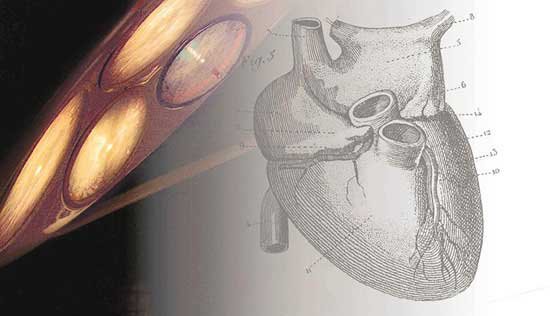Transplant Experience - Organ Transplant Rejection and its symptoms
Rejection & Its Symptoms
Your immune system is your body's defense against foreign invaders like bacteria or viruses. Unfortunately, your immune system cannot tell the difference between a harmful invader and your new organ.
Rejection happens when the body's immune system tries to get rid of a transplanted organ. Anti-rejection medicines (also called immunosuppressants) slow down your immune system to help keep this from happening. You will probably take more than one medicine to protect your organ, and each medicine works in a different way.
Even with all the right care and medicines, many transplant recipients still have at least one acute rejection episode. Acute rejections more likely to happen within the first year after the surgery; however, it's possible that rejection could happen years later.
Chronic rejection is when the body slowly and continually attacks the transplanted organ.
Occasionally, acute rejection can lead to chronic rejection. Therefore, you should be aware of the signs of acute rejection and seek treatment as soon as you experience any of them. It is important to remember, however, that rejection can occur without any symptoms. Sometimes rejection is only found when your transplant team gets the results of common follow-up tests. That is why it is so important for you to keep all of your doctor appointments.
Symptoms of Rejection
Rejection can be happening without you knowing and is often only found during your regular doctor visits. However, you should be aware of some of the following symptoms of rejection and call your transplant team right away if you experience any of them:
Fever over 100°F (38°C)
Flu-like symptoms such as chills, nausea, vomiting, diarrhea, tiredness, headache, dizziness, or body aches and pains
Pain or tenderness over your transplant site
Retaining fluids or having sudden weight gain
Shortness of breath
Sudden rise in blood pressure
Change in pulse rate
Kidney transplant recipients only:
Change in the color or smell of urine
A lower amount of urine
Liver transplant recipients only:
Yellow color to the skin or eyes
Light-colored or blackened stools
Change in the color or smell of urine
Rejection is an ongoing concern for transplant recipients. That is why it is extremely important that you take all of your medications, every day, exactly as prescribed. Click here for some tips that can help you remember to take your medications.

No comments:
Post a Comment